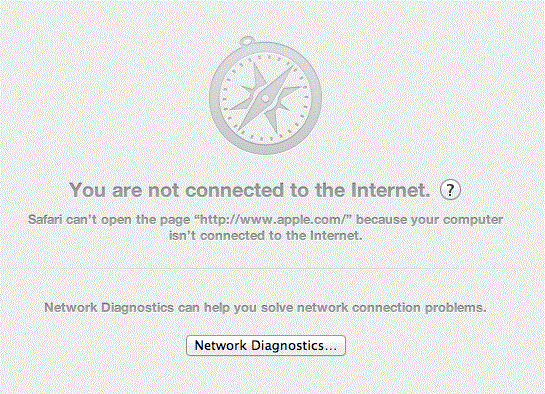Recently, my capstone course exposed to the concept of Enterprise Social Networking (ESN). Right now I’m elbow-deep in helping a local organization set up what you might traditionally call an intranet, except that intranet looks like something between Facebook and LinkedIn.
The idea is to harness the power of social media for collaboration, as well as the ability to make information in your company more explicit — I’d like to type ‘organization’ but for the most part these tools are corporate. This promotional video for Slack, a more messenger-styled enterprise social network, gives a good idea of the appeal and the promises of this type of platform. Slack also has a free option so you could try it out for yourself in a team. A classmate set up a Slack team for our SLAIS cohort attending ALA annual last year and it was an interesting tool, long before I was aware of the larger-scale corporate applications.
Our community partner in the capstone course is hoping their ESN will replace emails and phone calls for things like issue tracking for IT and facilities maintenance, frequently asked questions, and often obscure internal information like who speaks what language (or even who works where). The biggest challenge is that a social platform like this requires everyone to participate for those goals to work. If someone doesn’t keep their profile current on the ESN, you’ll still need to call them to find out what office they’re based out of now. So far we’ve gotten good advice with how to address this by requiring use of the ESN in common workflows and making some resources (like company policy) only accessible through the ESN. Weather or not it takes hold (we’ve talked to organizations who reported several “false starts”) remains to be seen. People still routinely complain about coworkers who won’t use email!
I’ve just realized I’ve played a game about all this! Redshirt emphasizes the “enterprise” in enterprise social media is a fun little spoof of Star Trek, cronyism, and facebook. Now that I’ve learned a lot more about social intranets, the phrase “proprietary social network” in the trailer fills me with a lot more dread.
I think I picked the game up on one of those crazy Steam or GOG sales where everything is $4.99 and there is a timer counting down.
